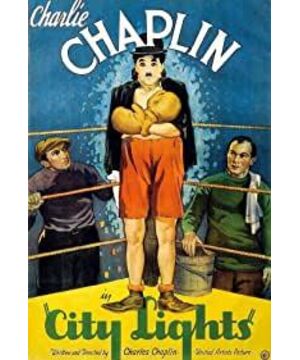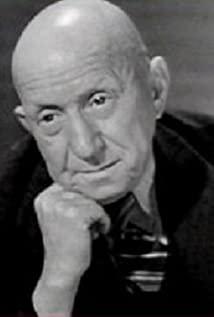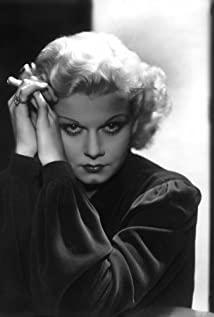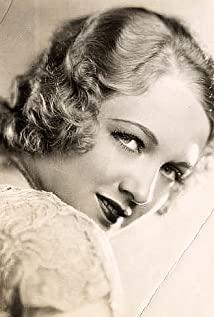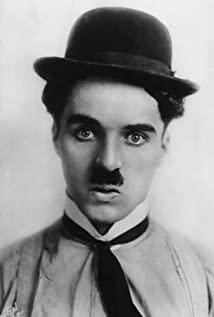"You?" "You can see now?" "Yes, I can see now." The ending of "City Lights" brought tears to my eyes.
Let's start from the beginning. The story begins with the inauguration of a statue that symbolizes power and wealth. It is absurd that the picture that should be so quiet suddenly breaks into an out of place homeless person. What is even more absurd is that everyone looks up to the statue and maintains it. Only this homeless person who has neither power nor wealth dares to despise it. In 1931, when the Lenovo film was released, one could not help but feel that there was nothing but a bubble behind the prosperity. However, such a small person fell in love with another small person at first sight, she was a blind flower seller. The tramp did everything, but it was only enough to buy a bunch of small flowers, but even if the flowers were small, he cherished them very much and wore them from time to time. Just because this flower was put on for him by her own hands. If the story stops here, although romantic, it is also short-lived. Coincidentally, the homeless next met a rich man with a split personality after being drunk and fell into the river. He saw it and saved him, so he became attached. But what is ironic is that this rich man refuses to admit his account after sobering up, and repeats it several times. The tramp is like a toy. However, what remains unchanged is the initial admiration of the vagabond for the flower girl. The homeless did everything they could, borrowing flowers from the rich to offer Buddha, not risking their lives to hit stones with eggs in the boxing ring, and even in the end, even if they were wronged, they did not hesitate to go to jail, just for the flower girl to heal her eyes. His wish was finally fulfilled, the flower girl regained her eyesight, and even started a flower shop. However, the homeless man had just been released from prison at this time, and was even more broken than before. In the flower girl's heart, she has always reserved a place for the man who once gave him warmth, but unfortunately he couldn't see his true appearance at that time, so he could only imagine that he was a handsome prince charming, but obviously, this is not the case in reality. At the end of the story, they still meet. At first, the flower girl jokes about the abjectness and hilarity of the homeless person, but when they actually put their hands together, the flower girl still recognizes the familiar feeling. So there is the touching scene at the beginning. Perhaps the end of the story has already been foreshadowed in the dialogue between the flower girl and her grandmother: "He must be wealthy." "Yes, but he's more than that." The absurd is more real than the reality. Witness the little glimmer of the floating and sinking world in the absurd.
View more about City Lights reviews


